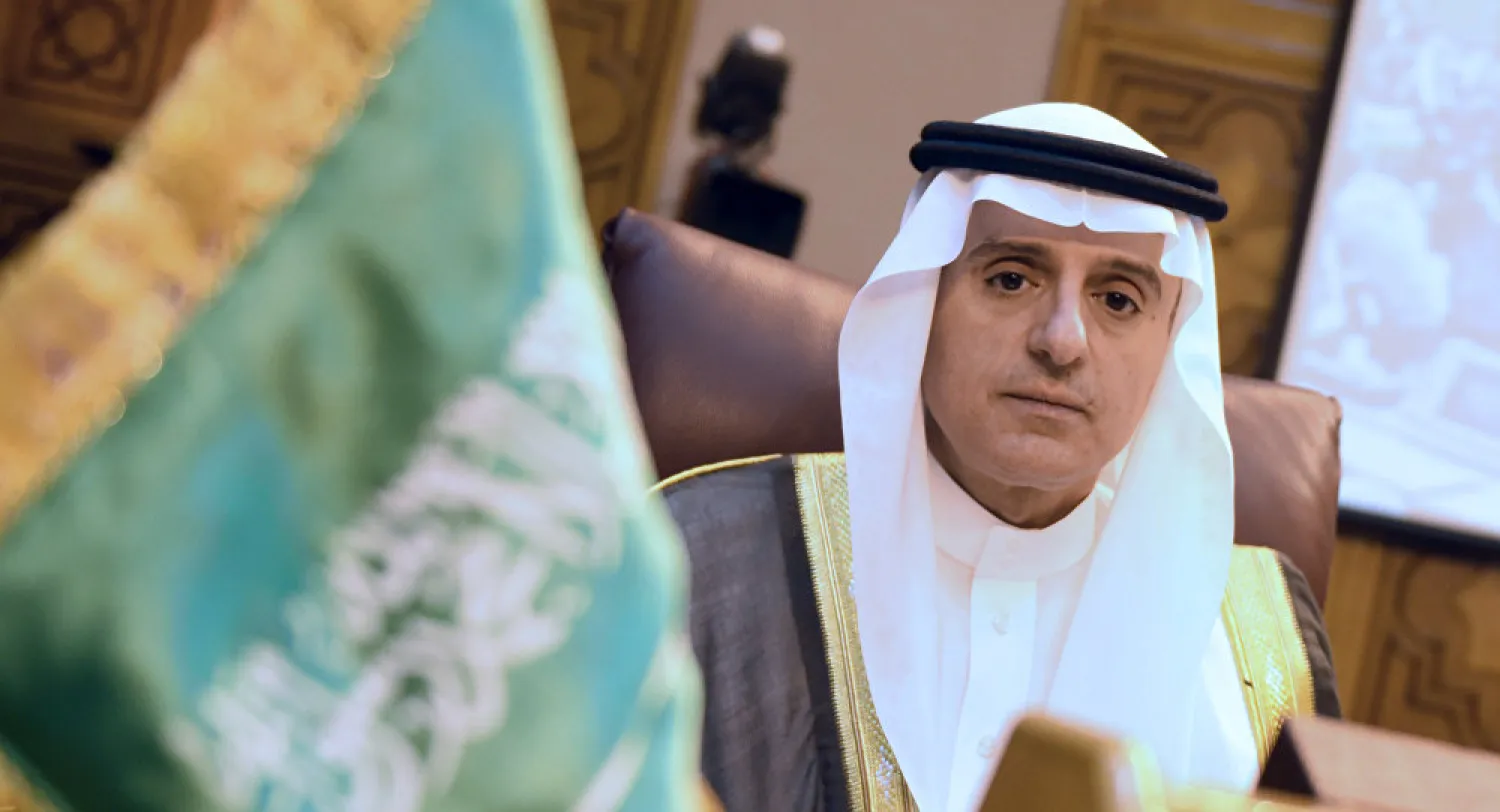Saudi Foreign Minister Adel al-Jubeir declared on Friday that Lebanon is being held hostage by another country through a terrorist group, “Hezbollah,” which is backed by Iran.
He said during a conference in the Italian capital Rome: “The solution in Lebanon lies in ‘Hezbollah’ disarming.”
He also accused the party of using Lebanese banks for money-laundering.
“Iran continues to interfere in the affairs of other countries,” he said, accusing it of facilitating the operation of the al-Qaida and ISIS terror organizations.
Furthermore, the minister remarked that Tehran was incapable of changing the balance of power in Yemen.
He explained that the Houthi insurgents’ targeting of some Saudi villages was a “desperate” move.
“We need to convince the Houthis to commit to the laws and seek the interests of the Yemeni people, who were headed on the right path before the coup,” added Jubeir.
He renewed Saudi Arabia’s support for the political process in Yemen under the supervision of the United Nations, stressing: “We are working with it delivering aid and help through Yemeni ports.”
Addressing terrorism, he stated that ISIS members operate without any religious creed or humanity, emphasizing that terrorists and extremists should be deprived of any platform to spread hate and strife.
Saudi Arabia was a victim of terrorism and it is waging a fierce war against it, Jubeir declared.
The Kingdom has for 15 years underlined the need to combat extremist thought and it has initiatives to combat terror funding, he continued.
He also denied that Saudi Arabia has ties with Israel, adding that Riyadh is looking forward to the resumption of the peace process.
“We need a political will to reach a solution to end the Arab-Israeli conflict,” Jubeir said.









